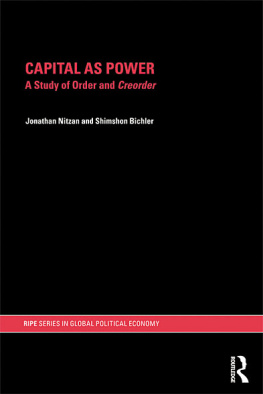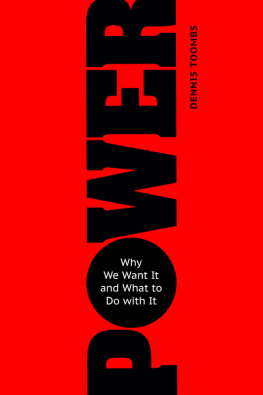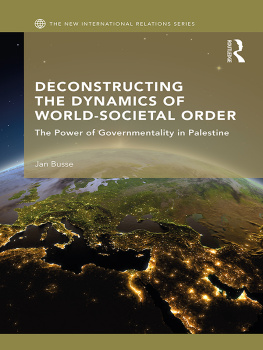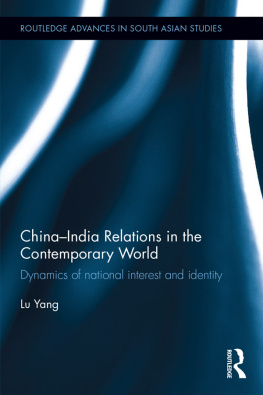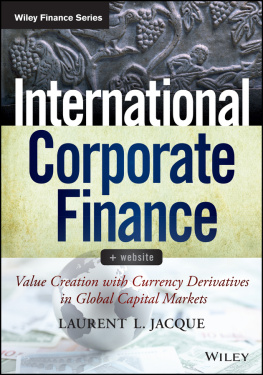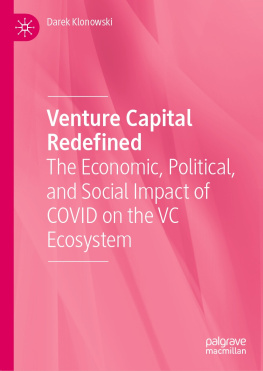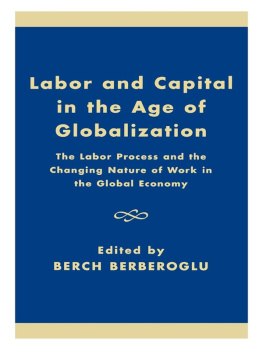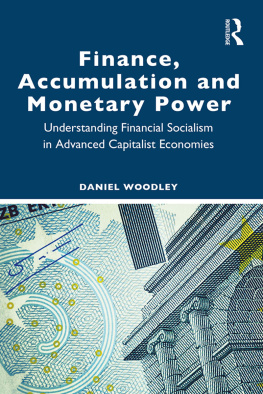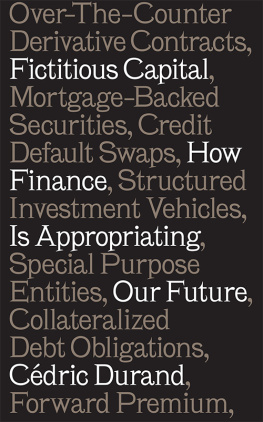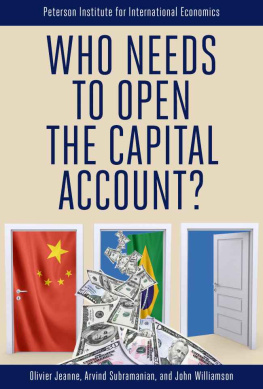Conventional theories of capitalism are mired in a deep crisis: after centuries of debate, they are still unable to tell us what capital is. Liberals and Marxists both think of capital as an economic entity that they count in universal units of utils or abstract labour, respectively. But these units are totally fictitious. Nobody has ever been able to observe or measure them, and for a good reason: they dont exist. Since liberalism and Marxism depend on these non-existing units, their theories hang in suspension. They cannot explain the process that matters most the accumulation of capital.
This book offers a radical alternative. According to the authors, capital is not a narrow economic entity, but a symbolic quantification of power. It has little to do with utility or abstract labour, and it extends far beyond machines and production lines. Capital, the authors claim, represents the organized power of dominant capital groups to reshape or creorder their society.
Written in simple language, accessible to lay readers and experts alike, the book develops a novel political economy. It takes the reader through the history, assumptions and limitations of mainstream economics and its associated theories of politics. It examines the evolution of Marxist thinking on accumulation and the state. And it articulates an innovative theory of capital as power and a new history of the capitalist mode of power.
RIPE series in global political economy
Series editors: Louise Amoore (University of Durham, UK), Jacqueline Best (University of Ottawa, Canada), Paul Langley (Northumbria University, UK) and Leonard Seabrooke (Copenhagen Business School, Denmark)
Formerly edited by Randall Germain (Carleton University, Canada), Rorden Wilkinson (University of Manchester, UK), Otto Holman (University of Amsterdam), Marianne Marchand (Universidad de las Amricas-Puebla, Mexico), Henk Overbeek (Free University, Amsterdam) and Marianne Franklin (Goldsmiths, University of London, UK)
The RIPE series editorial board are:
Mathias Albert (Bielefeld University, Germany), Mark Beeson (University of Birmingham, UK), A. Claire Cutler (University of Victoria, Canada), Marianne Franklin (Goldsmiths, University of London, UK), Randall Germain (Carleton University, Canada) Stephen Gill (York University, Canada), Jeffrey Hart (Indiana University, USA), Eric Helleiner (Trent University, Canada), Otto Holman (University of Amsterdam, the Netherlands), Marianne H. Marchand (Universidad de las Amricas-Puebla, Mexico), Craig N. Murphy (Wellesley College, USA), Robert OBrien (McMaster University, Canada), Henk Overbeek (Vrije Universiteit, the Netherlands), Anthony Payne (University of Sheffield, UK), V. Spike Peterson (University of Arizona, USA) and Rorden Wilkinson (University of Manchester, UK).
This series, published in association with the Review of International Political Economy, provides a forum for current and interdisciplinary debates in international political economy. The series aims to advance understanding of the key issues in the global political economy, and to present innovative analyses of emerging topics. The titles in the series focus on three broad themes:
the structures, processes and actors of contemporary global transformations
the changing forms taken by governance, at scales from the local and everyday to the global and systemic
the inseparability of economic from political, social and cultural questions, including resistance, dissent and social movements.
The series comprises two strands:
The RIPE Series in Global Political Economy aims to address the needs of students and teachers, and the titles will be published in hardback and paperback.
Titles include:
Transnational Classes and International Relations
Kees van der Pijl
Gender and Global Restructuring
Sightings, sites and resistances
Edited by Marianne H. Marchand and Anne Sisson Runyan
Global Political Economy
Contemporary theories
Edited by Ronen Palan
Ideologies of Globalization
Contending visions of a New World Order
Mark Rupert
The Clash within Civilisations
Coming to terms with cultural conflicts
Dieter Senghaas
Global Unions?
Theory and strategies of organized labour in the global political economy
Edited by Jeffrey Harrod and Robert OBrien
Political Economy of a Plural World
Critical reflections on power, morals and civilizations
Robert Cox with Michael Schechter
A Critical Rewriting of Global Political Economy
Integrating reproductive, productive and virtual economies
V. Spike Peterson
Contesting Globalization
Space and place in the world economy
Andr C. Drainville
Global Institutions and Development
Framing the world?
Edited by Morten Bs and Desmond McNeill
Global Institutions, Marginalization, and Development
Craig N. Murphy
Critical Theories, International Relations and the Anti-Globalisation Movement
The politics of global resistance
Edited by Catherine Eschle and Bice Maiguashca
Globalization, Governmentality, and Global Politics
Regulation for the rest of us?
Ronnie D. Lipschutz, with James K. Rowe
Critical Perspectives on Global Governance
Rights and regulation in governing regimes
Jean Grugel and Nicola Piper
Beyond States and Markets
The challenges of social reproduction
Edited by Isabella Bakker and Rachel Silvey
The Industrial Vagina
The political economy of the global sex trade
Sheila Jeffreys
Capital as Power
A study of order and creorder
Jonathan Nitzan and Shimshon Bichler
Routledge/RIPE Studies in Global Political Economy is a forum for innovative new research intended for a high-level specialist readership, and the titles will be available in hardback only. Titles include:
1. Globalization and Governance *
Edited by Aseem Prakash and Jeffrey A. Hart
2. Nation-States and Money
The past, present and future of national currencies
Edited by Emily Gilbert and Eric Helleiner
3. The Global Political Economy of Intellectual Property Rights
The new enclosures?
Christopher May
4. Integrating Central Europe
EU expansion and Poland, Hungary and the Czech Republic
Otto Holman
5. Capitalist Restructuring, Globalisation and the Third Way
Lessons from the Swedish Model
J. Magnus Ryner
6. Transnational Capitalism and the Struggle over European Integration
Bastiaan van Apeldoorn
7. World Financial Orders
An historical international political economy

